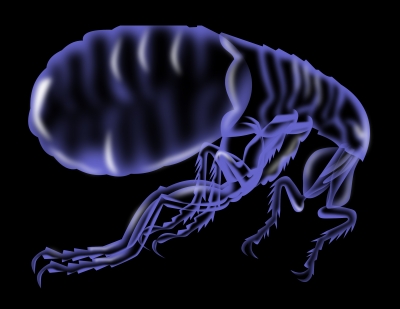- The Best In The West - "We don't cut corners - We clean them!"
- 07815 814128
- 01934 513862
Flea Treatments for Carpets in the Home
2024 Somerset and Bristol Extreme Cleaning. End of Tenancy Hoarder Property
May 1, 2024End of Tenancy Entire House Carpet Clean Local Airbnb Hosts
July 17, 2024Flea Treatments for Carpets in the Home

Eradicate Fleas in 48 Hours
From Egg to Encumbrance: A Speedy Start to Reproduction
The troubling aspect of fleas is how quickly they can reproduce. Once an adult flea emerges from its cocoon and feeds on a blood meal, it can start reproducing within just 48 hours. This means a single flea infestation can rapidly snowball if left unchecked.
Eradicating the Pestilence: Partnering with Professionals
Given the rapid breeding cycle and the flea’s ability to survive for extended periods in hidden nooks and crannies, a DIY approach often proves ineffective. To truly vanquish these invaders, consider partnering with a professional carpet cleaning company like ours.
Our deep cleaning techniques, coupled with pet-safe flea treatments, can effectively target all stages of the flea lifecycle, from eggs nestled in carpets to adult fleas hiding in furniture. This multi-pronged approach ensures a comprehensive elimination, leaving your home flea-free and your mind at ease.
Feeling embarrassed? It’s always upsetting in nature of being in a clean environment and not knowing when cats or dogs have bought fleas in. Who can you call for confidential treatment in a manner with good advice and your privacy in mind? Andy on 07815 814128 or send a message via the Contact Form.
 Before carpets get cleaned the rooms need to be treated for fleas – like a flea bomb or professional spray treatment bought from a vet. Avoid buying supermarket products off the shelf, call your local vet for their recommendations
Before carpets get cleaned the rooms need to be treated for fleas – like a flea bomb or professional spray treatment bought from a vet. Avoid buying supermarket products off the shelf, call your local vet for their recommendations
Flea bombs must be lit over a sink (as it’s almost a firework) as a consequence the bomb get very hot so the only recommended containment receptacle is a metal saucepan or a similar. Once it’s been lit over a bath or a sink, as lighting the bomb / firework it’s possible that sparks can fly off and damage bedding / linen / carpets.
Flea Bomb and 24 Hour Treatment
Once the flea bomb has been lit and you have taken care to follow the operating instructions, your property is now ready to be cleaned with our superior truck mounted system with super heated water. A typical 2 bedroom house will take around 2-3 hours from top to bottom.
Remember to administer flea treatments to your pets regularly. Flea eggs are small, white objects (slightly smaller than a grain of sand) that are laid in the pet’s fur in bunches of about 20. A single adult female can lay about 40 eggs every day. Fleas can be difficult to eliminate, but if you are vigilant and use the correct chemicals in a safe and effective manner, you will be victorious. Just be sure to treat all the areas where your pet spends time, including the car and garage for example.
The average adult flea in Somerset,
or anywhere in the UK for that matter, lives for a relatively short period – around 2-3 months. However, that doesn’t mean they can’t wreak havoc in that time. Here’s the breakdown of a flea’s life cycle:
Eggs: A female flea can lay up to 50 eggs per day, often in your pet’s fur or bedding, carpets, and soft furnishings. These eggs hatch within a week under the right conditions (warmth and humidity).
Larvae: The hatched larvae are blind and worm-like. They feed on debris like dead skin flakes and adult flea droppings. This stage can last for several weeks.
Pupae: Once fully grown, the larvae spin cocoons and enter a pupal stage. Here, they are dormant but can remain in this state for months, waiting for the right moment to emerge.
Adults: When a suitable host (like your pet, or unfortunately, you!) comes near, vibrations and warmth trigger the adult flea to emerge from its cocoon, ready to jump on and feed.

